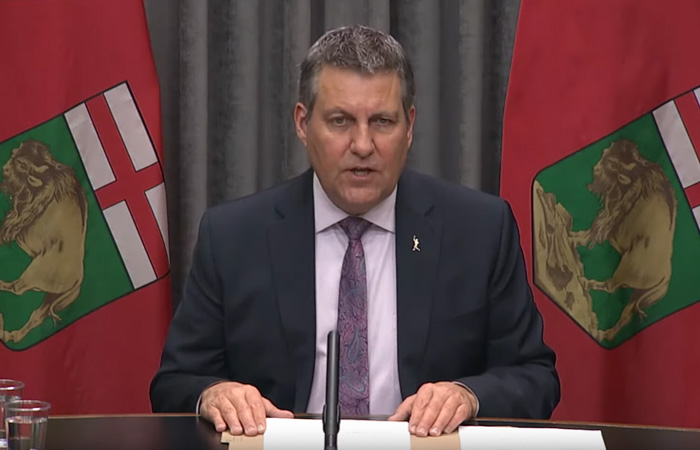The Manitoba government has created a consultation team that will guide the development of a new education funding model to ensure funds are invested in a fair and sustainable way.
The Commission on K to 12 Education heard calls from stakeholders and the public for greater system equity, highlighting the differences in programming and supports across the province, particularly in rural, remote and northern communities. The consultation team will be made up of government officials and representatives from a number of organizations. The minister added that this team will guide the work to create a funding model that will support planning and provide flexibility to school and regional leaders to help address their local needs.
“We need to simplify funding to schools, better support specialized learning needs and create predictability in funding,” said Education Minister Cliff Cullen. “There is currently $3 billion spent each year on education and the commissioners were clear that in order to improve educational outcomes for students, the system requires greater financial accountability and sustainability.”
The minister noted the new education funding model will ensure equitable funding so that all students succeed regardless of where they live, their background or their individual circumstances. The current funding model was implemented in 2002-03 and this is the first time in 20 years the model will be reviewed to improve funding and accountability processes, noted Cullen.
The goals of the review include:
- creating a formula that allocates provincial funding to Manitoba’s 37 school divisions;
- developing a stable, predictable and phased implementation plan to transition from the existing funding formula to the new formula in a way that can accommodate the progress of eliminating education property taxes; and
- ensuring the unique needs of the Division scolaire franco-manitobaine (DSFM) are accommodated in the design of the formula.
The minister noted the membership of the funding model review team is being finalized but will include broad and diverse representation from a number of organizations, including First Nations schools, independent schools, school superintendents, municipal organizations and parent councils, among others.
“We want this process to be as consultative and collaborative as possible,” said Cullen. “Our engagement with stakeholders will be broad and include representatives who are reflective of Manitoba to ensure their voices will be heard during the development of a new funding model.”
Consultations with education and jurisdictional stakeholders are scheduled to begin in January 2022 and the project is to be completed by February 2023. The new funding model is expected to be in place for the 2023-24 school year. This builds upon other commitments made in response to the Commission on K to 12 Education, including reviewing opportunities to improve inclusive education and classroom supports, launching a poverty and education taskforce, enhancing learning and outcomes including an Indigenous inclusion strategy, and a commitment to an additional $1.6 billion in funding over four years.
The funding review terms of reference can be found at bettereducationmb.ca.


